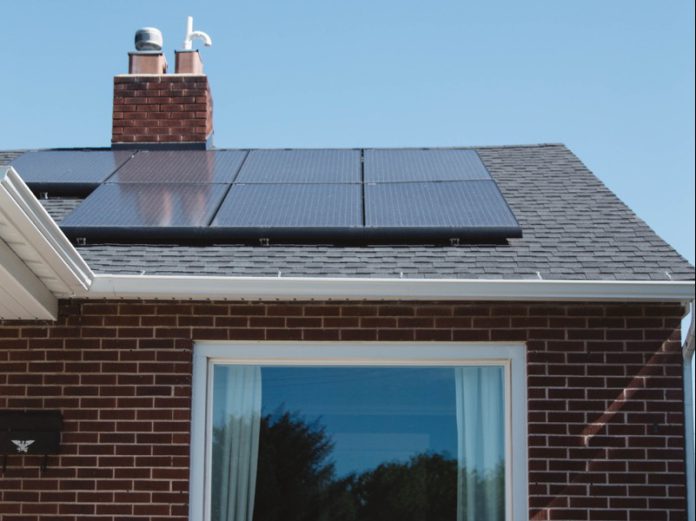As the global community faces the urgent need to combat climate change, the transition to renewable energy sources has become paramount. Renewable energy offers a sustainable and clean alternative to fossil fuels, making it a crucial component in achieving carbon neutrality. Let us deep dive into the role of renewable energy in the pursuit of carbon neutrality, highlighting its environmental, economic, and social benefits.
Understanding Carbon Neutrality
Carbon neutrality refers to achieving a balance between the amount of greenhouse gas emissions produced and the amount removed from the atmosphere. It entails reducing carbon emissions as much as possible and offsetting the remaining emissions through activities that remove or reduce greenhouse gases, such as reforestation or carbon capture and storage.
The Environmental Benefits of Renewable Energy
Renewable energy sources, including solar, wind, hydro, geothermal, and biomass, emit little to no greenhouse gases during operation. By replacing fossil fuels with renewable energy, we can significantly reduce carbon emissions and mitigate the effects of climate change. Renewable energy also helps to conserve natural resources, protect ecosystems, minimize air, and water pollution, and work towards carbon neutrality.
Economic Advantages of Renewable Energy
The transition to renewable energy offers numerous economic benefits in terms of carbon neutrality. It creates jobs in manufacturing, installation, operation, and maintenance of renewable energy infrastructure. Additionally, renewable energy can enhance energy security, reduce dependence on imported fossil fuels, and stabilize energy prices over the long term.
The Role of Renewable Energy in Decentralization and Energy Access
Renewable energy promotes decentralization by enabling the generation of electricity at smaller scales, closer to the point of consumption. This decentralization enhances energy security and reduces vulnerability to disruptions in centralized power grids. Furthermore, renewable energy can improve energy access in remote and underserved areas, empowering communities and fostering socio-economic development.
Integrating Renewable Energy into Various Sectors
1. Power Generation
Renewable energy plays a crucial role in achieving carbon neutrality. By investing in large-scale solar and wind farms, hydroelectric plants, and geothermal facilities, countries can transition to a cleaner and more sustainable energy mix.
2. Transportation
The transportation sector is a major contributor to carbon emissions. The adoption of electric vehicles (EVs) powered by renewable energy sources can significantly reduce greenhouse gas emissions and dependence on fossil fuels. Furthermore, renewable energy can be used to produce sustainable aviation fuels and biofuels, further reducing the carbon footprint of the transportation industry.
3. Buildings
Renewable energy can be integrated into buildings through rooftop solar panels, geothermal heating and cooling systems, and efficient energy management. This not only reduces carbon emissions but also lowers energy costs and enhances energy efficiency.
Overcoming Challenges and Promoting Renewable Energy Adoption
While renewable energy offers tremendous potential, there are challenges to overcome. These include the intermittency of certain renewable sources, the need for energy storage solutions, grid integration, and policy frameworks that support renewable energy deployment. Governments, businesses, and individuals must collaborate to address these challenges, invest in research and development, incentivise renewable energy adoption, and establish favourable regulatory environments.
Collaboration between governments, businesses, and individuals is essential for the successful integration of renewable energy into the energy landscape. Governments must set ambitious renewable energy targets and establish supportive policies, such as feed-in tariffs, tax incentives, and regulations that encourage clean energy investments. Businesses can lead the way by investing in renewable energy projects, adopting sustainable practices, and promoting the use of renewable energy throughout their supply chains. Individuals can further contribute by making sustainable energy choices, such as installing solar panels, supporting renewable energy initiatives, and advocating for renewable energy policies.















